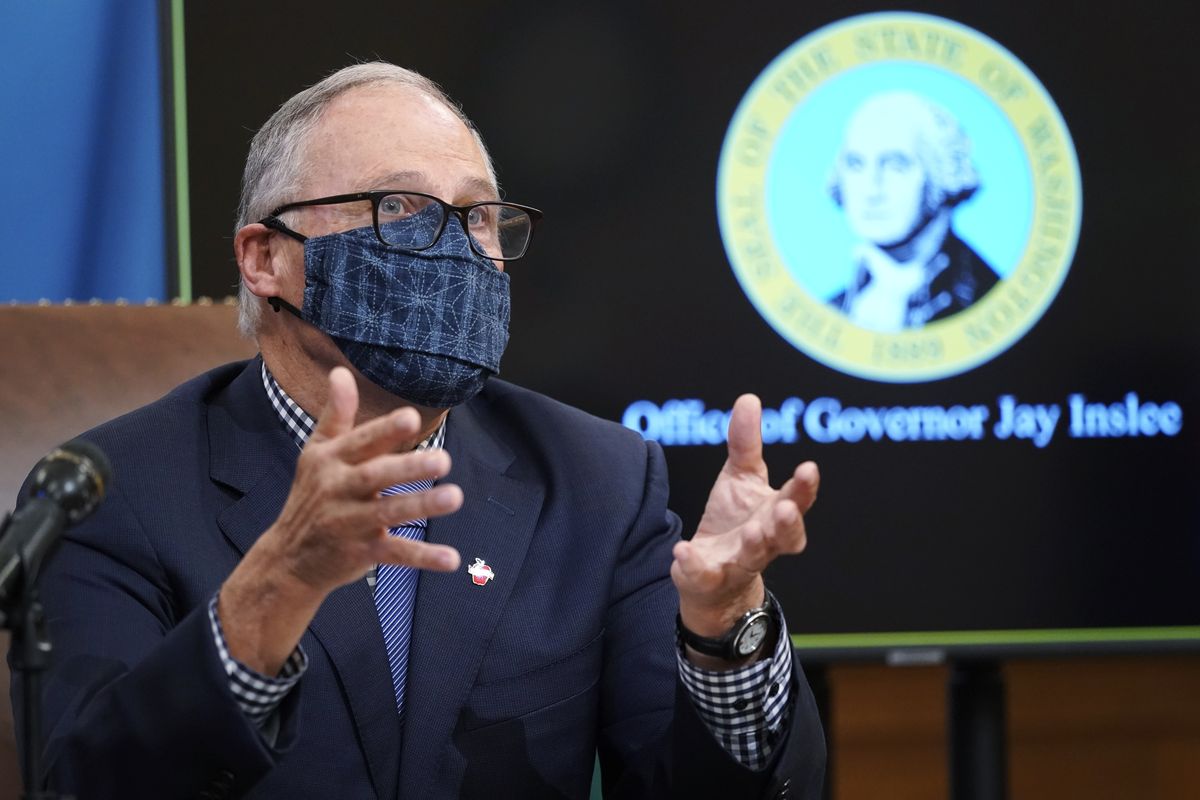State capitols face showdown over COVID-19 powers and spending

JEFFERSON CITY, Mo. – State lawmakers across the country will convene in 2021 with the continuing COVID-19 pandemic rippling through much of their work – even affecting the way they work.
After 10 months of emergency orders and restrictions from governors and local executive officials, some lawmakers are eager to reassert their power over decisions that shape the way people shop, work, worship and attend school.
They also will face virus-induced budget pressures, with rising demand for spending on public health and social services colliding with uncertain tax revenue in an economy that is still not fully recovered from the pandemic.
“COVID will frame everything,” said Tim Storey, executive director of the National Conference of State Legislatures.
All 50 states are scheduled to hold regular legislative sessions in 2021. In many, it will mark their first meeting since the November elections in which Republicans again secured statehouse supremacy. The GOP will control both legislative chambers in 30 states compared with 18 for Democrats. Minnesota is the only state where Republicans will control one chamber and Democrats the other. Nebraska’s legislature is officially nonpartisan.
Though many of the bills seeking to limit gubernatorial powers are coming from Republicans, Storey said there are bipartisan frustrations among lawmakers. He expects well over half the legislatures to flex their authority by holding oversight hearings, reviewing administrative rules and passing bills aimed at limiting the emergency powers of governors during the pandemic.
A December report by Moody’s Investors Service warned that states face a negative outlook for 2021 because of weak revenue and budget uncertainties caused by the pandemic. In many states, revenues aren’t likely to recover until the end of 2021 or later, Moody’s said. That could create tough financial choices for lawmakers, especially in states that have had to tap their reserves, borrow or rely on one-time revenue sources to balance their current budgets.
Democratic Washington Gov. Jay Inslee wants lawmakers to take quick action in 2021 on his proposals to spend $100 million in additional rental assistance and $100 million in additional business assistance. They are part of a broader spending plan that would be paid for by tapping into the state’s rainy day fund, then raising taxes in 2022.
“We’re in the middle of a pandemic and simply have to have relief for our families,” Inslee said.
Democratic lawmakers in Colorado also are hoping to offer additional state aid for small businesses, child care centers and the unemployed in 2021.
Republican Ohio Gov. Mike DeWine said his upcoming budget plan is likely to include more funding for the state’s health agency and its 113 local public health departments.
“We have a health department and a public health system that’s been neglected too long,” DeWine said. “One of the lessons from this pandemic is we cannot continue that. We have to pay attention.”
In Wisconsin, the Democratic governor and Republican-majority Legislature have competing COVID-19 proposals.
Gov. Tony Evers has outlined a coronavirus package that includes an extension of immediate eligibility for jobless benefits, even though Republican lawmakers are unlikely to fully embrace it. A plan in the state Assembly would provide COVID-19 liability protections to businesses, health care providers and schools.
It also would require schools to pay parents $371 if their children had to spend at least half their time in virtual classes since school began in September.